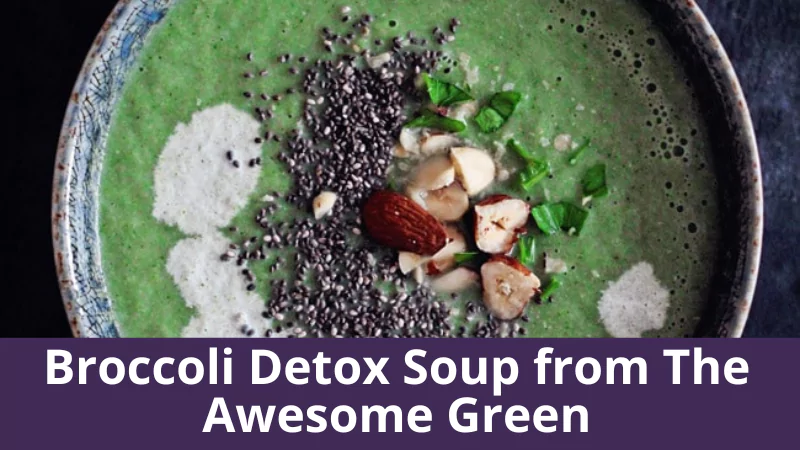SuperCharged Eggs sustain lean muscle and support digestion and a healthy immune system. It’s rich in chlorophyll that helps to nourish the digestive system, support detoxification and helps to alkalise the body. It’s a staple in my home and it makes a quick and healthy protein-rich meal any time of the day.
Ingredients:
- 3 free-range or organic eggs
- 1 teaspoon fresh grated turmeric (see notes)
- 1 teaspoon chia seeds
- 2 tablespoons organic coconut milk or cream
- Pinch sea salt
- 2 teaspoons cold pressed olive oil
- 100 g baby spinach leaves
- 1 tablespoon Super Greens Pesto
Method:
- Whisk eggs, chia turmeric, sea salt and coconut milk in a bowl until combined, then set aside.
- Pour 1 teaspoon of the olive oil into a pan over a low to medium heat.
- Add the spinach and sauté gently for 30 seconds until wilted.
- Remove spinach from the heat.
- Heat a small 20 cm pan over a medium heat with 1 teaspoon olive oil.
- Pour in the egg mixture and gently stir through until the eggs start to set and become creamy.
- Add the wilted spinach and fold through.
- Serve immediately in the pan with Super Greens Pesto and enjoy.
NOTES AND INSPIRATION
Super Greens Pesto
- 1 large bunch parsley
- 1 large bunch basil
- 1 clove garlic, smashed
- 1 – 2 tablespoons lemon or lime juice
- ½ teaspoon freshly ground black pepper
- ¼ teaspoon sea salt or to taste
- 4 tablespoons cold pressed olive oil
- Combine the parsley, basil and garlic into a food processor or high performance blender.
- Process until the herbs have been finely chopped.
- Add lemon juice, pepper, salt and olive oil.
- Mix again until you have a lovely green fragrant paste.
- Store in a glass jar in the fridge for up to 1 week.
Use ½ teaspoon powdered turmeric in place of fresh.
When making the pesto, add 1 chopped avocado.









